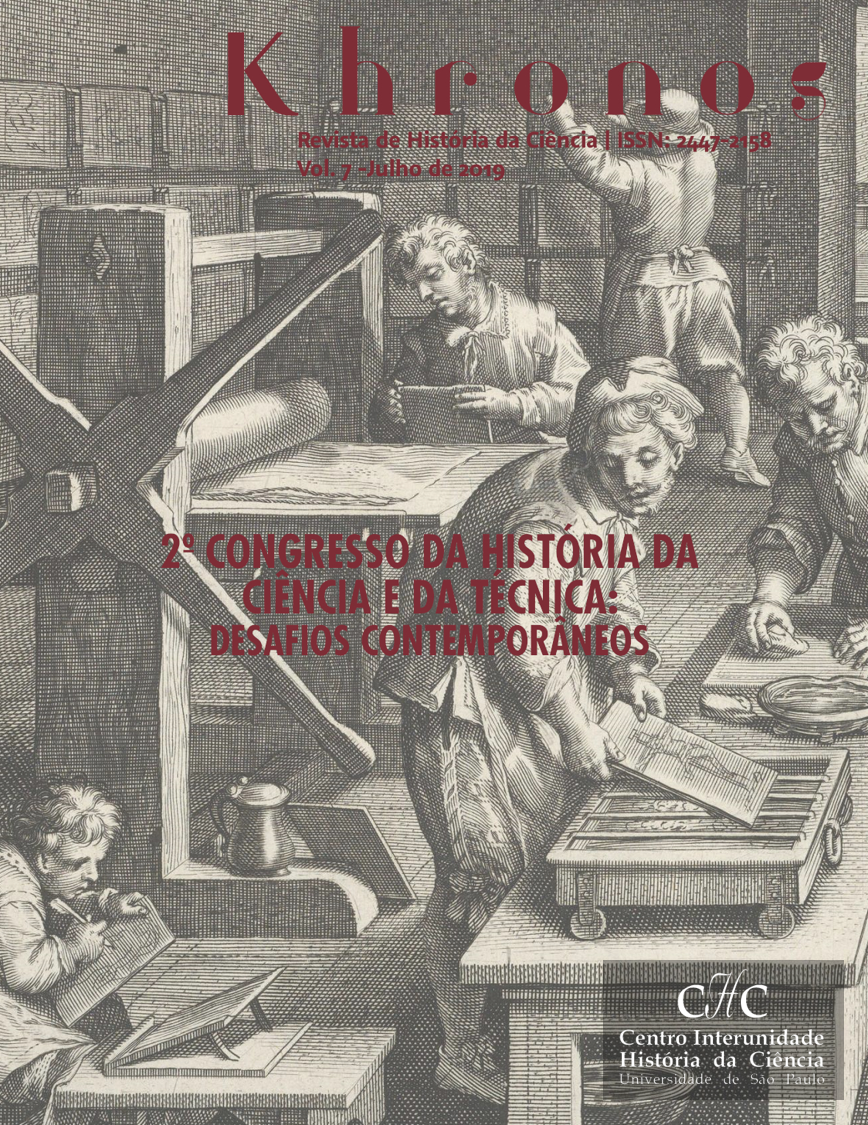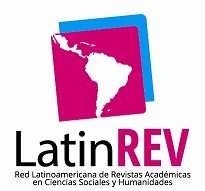The Study of Claudio Galen as a Source of Knowledge of Human Anatomy
DOI:
https://doi.org/10.11606/khronos.v0i7.159295Keywords:
Galen, Human anatomy, History, PhilosophersAbstract
Human anatomy was formally study for the first time at Egypt and was soon characterized by direct observations and principles of philosophy, since that its comprehension comes in the light of evolution being. This research aimed to understand the study of Galen as a source of human anatomy knowledge, besides to describe his biography with emphasis on his contributions to human anatomy and to relate his findings and anatomical exegesis in the face of discoveries of others philosophers. It was concluded that anatomy´s understanding requires the social and cultural rescue of Greece, where the first philosophers lived, and that Galen´s ideology was based on his creativity and originality.
Downloads
Downloads
Published
Issue
Section
License
Authors who publish in this journal agree to the following terms:
- Authors retain the copyright and grant the journal the right to first publication, with the work simultaneously licensed under the Creative Commons Attribution License in the "Attribution-NonCommercial 4.0 International" (CC BY-NC 4.0) modality that allows sharing of the work with acknowledgment of authorship and initial publication in this magazine.
- Authors are authorized to assume additional contracts separately, for non-exclusive distribution of the version of the work published in this journal (eg, publishing in institutional repository or as a book chapter), with acknowledgment of authorship and initial publication in this journal.
- Authors are allowed and encouraged to publish and distribute their work online (eg in institutional repositories or on their personal page) at any point before or during the editorial process, as this can generate productive changes, as well as increase impact and citation of the published work (See The Effect of Open Access).
- Any doubts or complaints about copyright must be directed to the Editorial Board or qualify and express themselves in accordance with the guidelines of the Committee on Publications Ethics (COPE).





